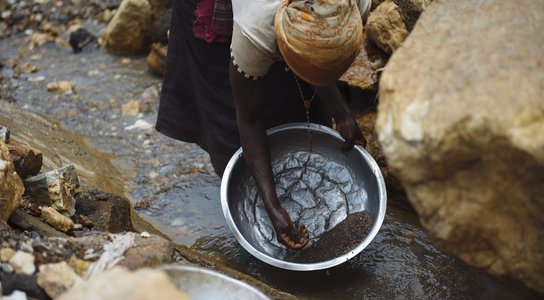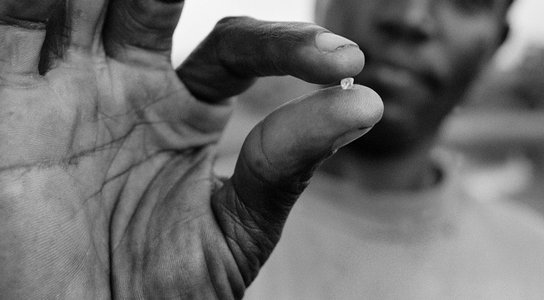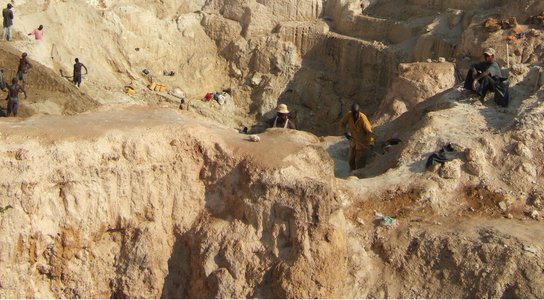The trade in natural resources can be an important source of development for many of the countries that need it most.
However, when sourcing from a country struggling with conflict or instability, it is common sense to take extra care when doing business. Unless companies make sure they are trading responsibly, they risk funding serious abuses overseas.
Natural resources that have fuelled conflict and abuse in places like Afghanistan, the Central African Republic, and parts of eastern DRC, are traded globally. These resources are then used in a wide range of products, including mobile phones, cars, lightbulbs and computers. Some of the world’s most famous brands are now coming under scrutiny to address their role in this devastating trade.
Companies using or trading resources that may have come from conflict areas should carry out what is now known as risk-based due diligence. In other words, they should carry out checks on their supply chains to look for risks that they may be funding harm through their activities. By publicly reporting on these risks, and on what they have done to deal with them, companies can show investors, consumers and local communities that they are committed to sourcing responsibly and sustainably.
When companies together commit to due diligence, by sharing information and ideas, it creates new business opportunities in many of the regions that need sustainable and responsible investment the most. - Peter Nicholls, a former Vice President in the Rio Tinto Group and current CEO of Walk Free’s Global Business Authentication
The UN Guiding Principles for Business and Human Rights (UNGPs) were endorsed unanimously in 2011. They make it clear that companies have a responsibility to make sure their activities do not fund harm and abuses. In many sectors, risk-based due diligence, as recommended by the UNGPs has emerged as a practical and effective way for companies to meet this responsibility.
The OECD’s Due Diligence Guidance for Responsible Supply Chains of Minerals from Conflict-Affected and High-Risk Areas provides companies that use and trade natural resources sourced from high-risk areas with further concrete guidance. It was developed by a group of governments, companies and NGOs, and is considered the international benchmark for supply chain due diligence. The Guidance recommends that companies:
- Have a clear conflict minerals policy
- Carry out supply chain risk assessments based on on-the-ground checks
- Take action to deal with any problems identified
- Commission independent third party audits of their due diligence
measures
- Report publicly on their findings
Despite the mounting pressure on companies that use minerals to carry out due diligence, few are actually doing this. Some companies claim that it is too complicated or too difficult for them to do. This is not so. Many companies already undertake risk-based checks to address other issues, such as corruption or environmental damage. The same concept should, and can, be applied to the natural resources traded along their supply chains.
By putting these measures in place, companies can help to create a mining sector in conflict-affected and fragile regions that brings real benefit to the people who live there. The responsible sourcing of minerals is not about imposing blanket bans on trade; it is about ensuring that business does not perpetuate armed violence, serious human rights abuses and other crimes.
Sign the petition
Help tackle the deadly trade in conflict minerals, often sourced in extreme conditions of exploitation, violence and modern slavery
You might also like
-
Campaign Responsible minerals
The global minerals trade has funded abuses and armed conflict for decades. Minerals that have bankrolled social and environmental harms still end up in our mobile phones, laptops and cars.
-
Campaign Conflict Diamonds
The illicit trade in diamonds has funded wars and human rights abuses for decades. Global Witness was the first organisation to bring this issue to the world’s attention. Despite positive steps, the links between diamonds and abuse will only be fully broken when all companies involved in the trade change their behaviour
-
Briefing Conflict Minerals in Eastern Congo
Resource-fuelled conflict has contributed to instability in Congo’s east for over two decades.